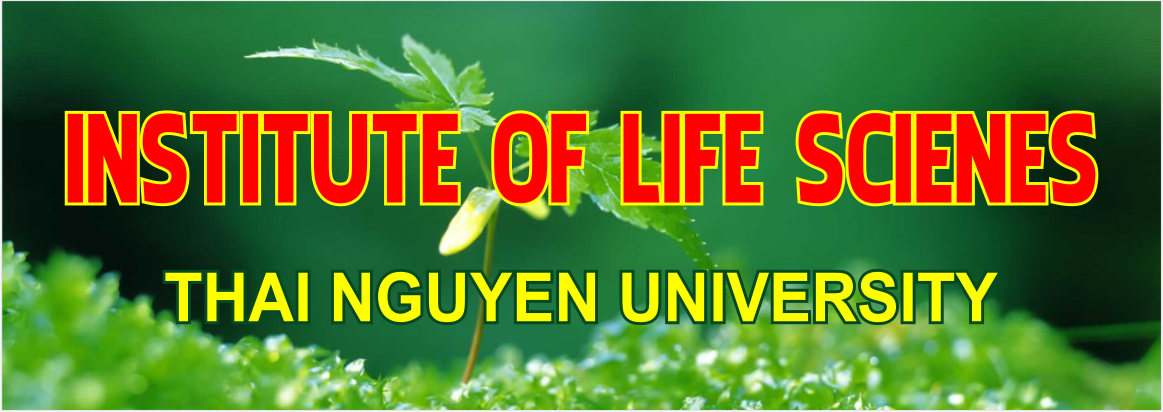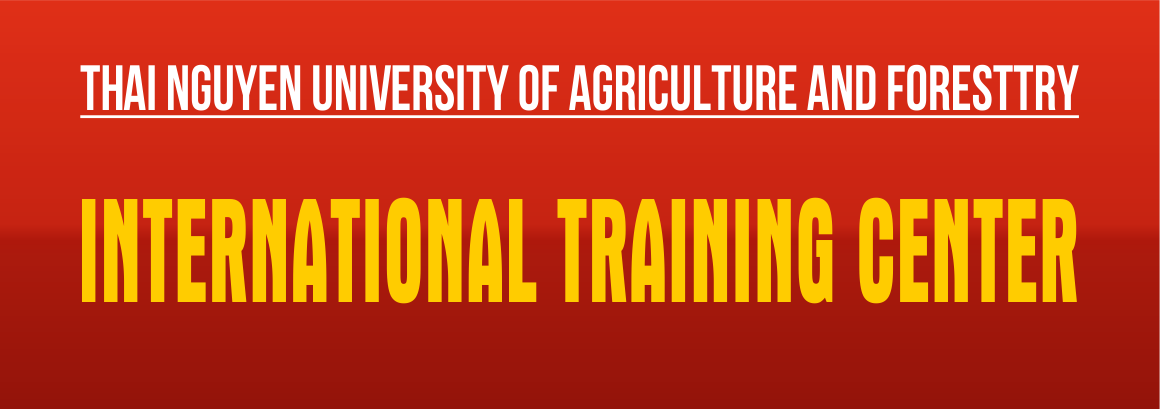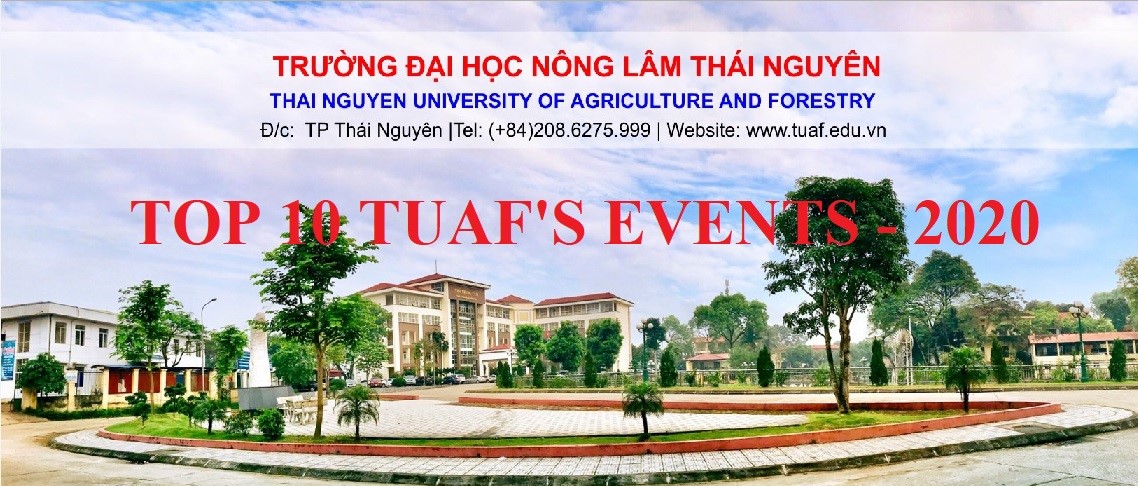International course: "Climate change and Agriculture"
About the Course
Background
The topics of this workshop are in accordance with the concept of the Global Framework for Climate Services (GFCS), where agriculture is one of the four key areas selected by the High Level Taskforce of GFCS.
Since Israel was successful with developing agriculture, despite the negative impact of its climate and water resources scarcity on its agricultural production, many of the methodologies developed during the years could be used also for mitigating the results of climate change and increasing the
agricultural production. This workshop will demonstrate advanced methodologies and techniques developed in order to compensate for the impact of unfavorable climate conditions on agricultural production. It will introduce Israel's knowledge in various fields such as:
(i) Irrigation and water management under changing climate conditions
(ii) Implementation of agro-technologies for microclimate control,
(iii) Cultivation of crops resistant to climate change (iv) User-Provider Interaction, etc.
The workshop's curriculum will include a combination of classroom lectures, exercises, demonstrations, field trips and round-table discussions.
Aims
a) To discuss the effects of climate change on different fields of agriculture and agricultural production.
b) To demonstrate modern agrometeorological techniques and methods for mitigating the effects of climate change.
Main Subjects
The course will include professional lectures and visits on the following subjects:
Climate change and its effects on agricultural production:
Precipitation distribution and changes
Extreme events – floods, droughts, frost and heatwaves
Phenological effects
Pest and disease effecting agricultural yields
Agrometeorological techniques:
Water management and implementation of irrigation systems:
- Evapotranspiration estimation (Penman-Monteith)
- Usage of marginal water
Micro climate control
GIS, Satellite Imagery and other means of remote sensing as integrative tools for
decision making
Soil management
Eco-Agriculture (the coexistence between the agriculture and natural environment)
Forecast and risk management for improving agricultural production:
Weather and climate forecasts and their impact on agriculture
Usage of economical tools for mitigating the impacts of climate change
Detail of this course, please follow this link
Huong Nguyen
Source: Embassy of Israel in Vietnam
- Scholarship for ASEAN students to study in Australia 2017 is now open!! (02/2017)
- Free online course on the economics of agriculture, natural resources and the environment (02/2017)
- Experience sharing by exchange students from Edith Cowan, Australia (02/2017)
- University of Queensland free online courses on IELTS (02/2017)
- Faculty of Environment honored advanced model in environmental protection activities (02/2017)
- Dr. Pham Bang Phuong – outstanding young scientist in 2015 (02/2017)
- The Strategy for Science and Technology Development in the 2015-2020 period (02/2017)
- Prof. Cho Sung Eui from Gyeongsang National University, Korea visits TUAF (02/2017)
- Welcome Party for new international students (02/2017)
- The Webometrics Ranking of universities: TUAF is on top 10 universities in Vietnam (02/2017)














